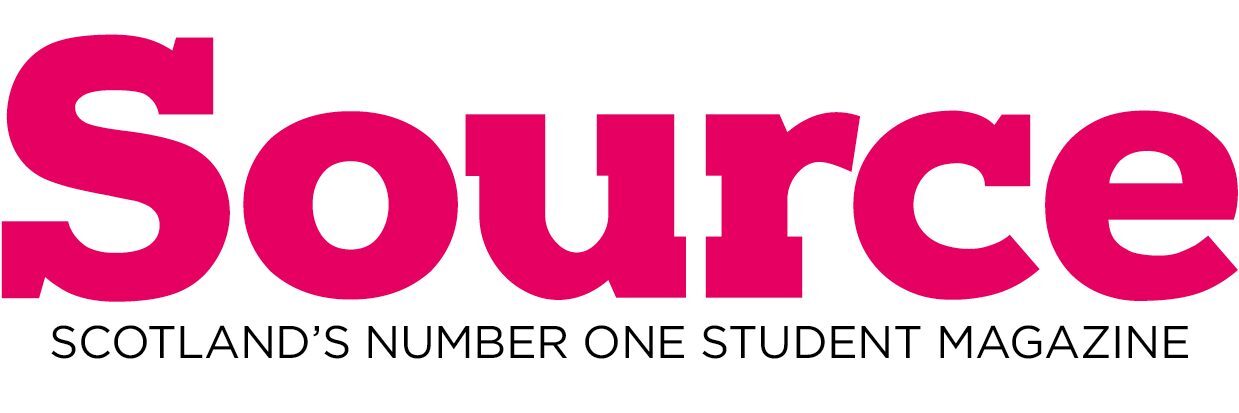
You might be familiar with Royal Air Force air shows – but there’s a lot more to the RAF.
Today’s modern RAF is the UK’s aerial peacekeeping and fighting force: it enforces international law overseas, defends UK airspace as well as providing emergency search and rescue missions. Sound exciting?
“I joined the air cadets whilst at secondary school and turned my interest towards gliding and aviation,” says Steven, a senior aircraftman who is a cyberspace communications specialist in the RAF. While he had no family background in the Armed Forces, the RAF was prominent in the area he grew up in and he thought it would be a good career choice.
While the RAF trains you to be the best of the best, it only lets the top people in, and then there’s rigorous training. There are tough assessments, both physical and mental to get into the RAF. It’s not an easy ride.
“Most of my worries came from not fully knowing what I was getting into, new places, new faces and having to adapt the way I live on a day to day basis,” says Steven, who adds passing his assessments was one of the highlights of his RAF career. “Through training you soon realise everyone feels very much the same. Initial training will put you through stressful situations, but only so you can prove you can deal with them.”

LEARNING
Education and learning is a big part of the RAF and cadets get training in military and civilian programmes and even subjects that aren’t specific to their job.
In Steven’s specialist trade training, he learned about a variety of different subjects that he had no previous experience in, including understanding basic computer components and functions, computing networks and configurations, radio and RADAR, soldering, design and other crafting skills.
Adapting to life in the RAF wasn’t as hard as it may seem. “While initially there seems to be quite a steep transition into military life throughout training, once you have settled into your first posting it really isn’t so intimidating,” says Steven. “I feel that I adapted quite well and soon got used to the day-to-day differences with uniform, ranks and new base location.
The ability to work shifts in this job gives me the ability to do things on and off station in my spare time, as well as travel home regularly and see my family,” says Steven. “Doing physical activities in work time also helps the work life balance favourably.”

BENEFITS
If you want a career that takes you places, then choose the RAF. Steven has travelled to California, Romania, Estonia and the Falklands, and is due to travel to Florida on his next course. “The opportunities for travel often allow the chance to check out and enjoy the local area which is exciting,” says Steven, who particularly loved his time in Romania.
It’s not just travel – sport is an integral part of the RAF and its service men and women take part in lots of sporting events at every level, including the Olympics.
The camaraderie is also a huge draw. Although working in the Armed Forces is a high-pressure job with a lot of responsibility, it’s also hugely rewarding and fun. “I enjoy the sense of humour adopted by most people I work with,” says Steven “No matter what the job is for that day whether it’s repetitive or requires hard work and focus, most people find a way to have a laugh while getting the job done.”

Diversity is also important to the RAF: it recently won three categories in the 2017 Women in Defence awards, including Woman of the Year.
The RAF apprenticeship pay is £14,931, which is almost twice the minimum pay for civilian apprenticeships. Not only that, the RAF is an apprenticeships top 100 employer and was recently awarded Apprenticeship Macro Employer of the Year 2017. The teaching was rated outstanding by Ofsted, and there are over 20 roles to choose from including cyberspace communication specialist (like Steven), chef, RAF regiment gunner, catering and hospitality specialist and human resources.
You learn civilian qualifications and are guaranteed a RAF job at the end of your apprenticeship; some such as cyberspace communications specialist and intelligence analyst (linguist) even offer Golden Hellos of £5,000 and £18,000 respectively on completion of training.

THE ARMED FORCES
If you’re interested in serving your country there are plenty of options for you to consider:
BRITISH ARMY: You can join the British Army as a soldier, an officer or a reserve (reserves give only 27 days a year to the army). Challenge. Training. Responsibility. Adventure. Travel. There are lots of reasons to join the army at whatever level suits you. Officers train and command fleets on operations and also humanitarian efforts, and soldiers go on deployment all over the world.
ROYAL NAVY: Find out about life at sea with the navy. There are five branches in the navy, and nine naval service branches, so there are plenty of jobs to choose from, including a medical officer in a submarine or an air engineer technician, who maintains Lynx helicopters.
ROYAL MARINES: Legendary, and deservedly so, the Royal Marines are next level. The marines are an elite force who take on the most extreme and dangerous missions all over the world. It’s for people who can push past their physical and mental limits – it’s extremely difficult to join.

